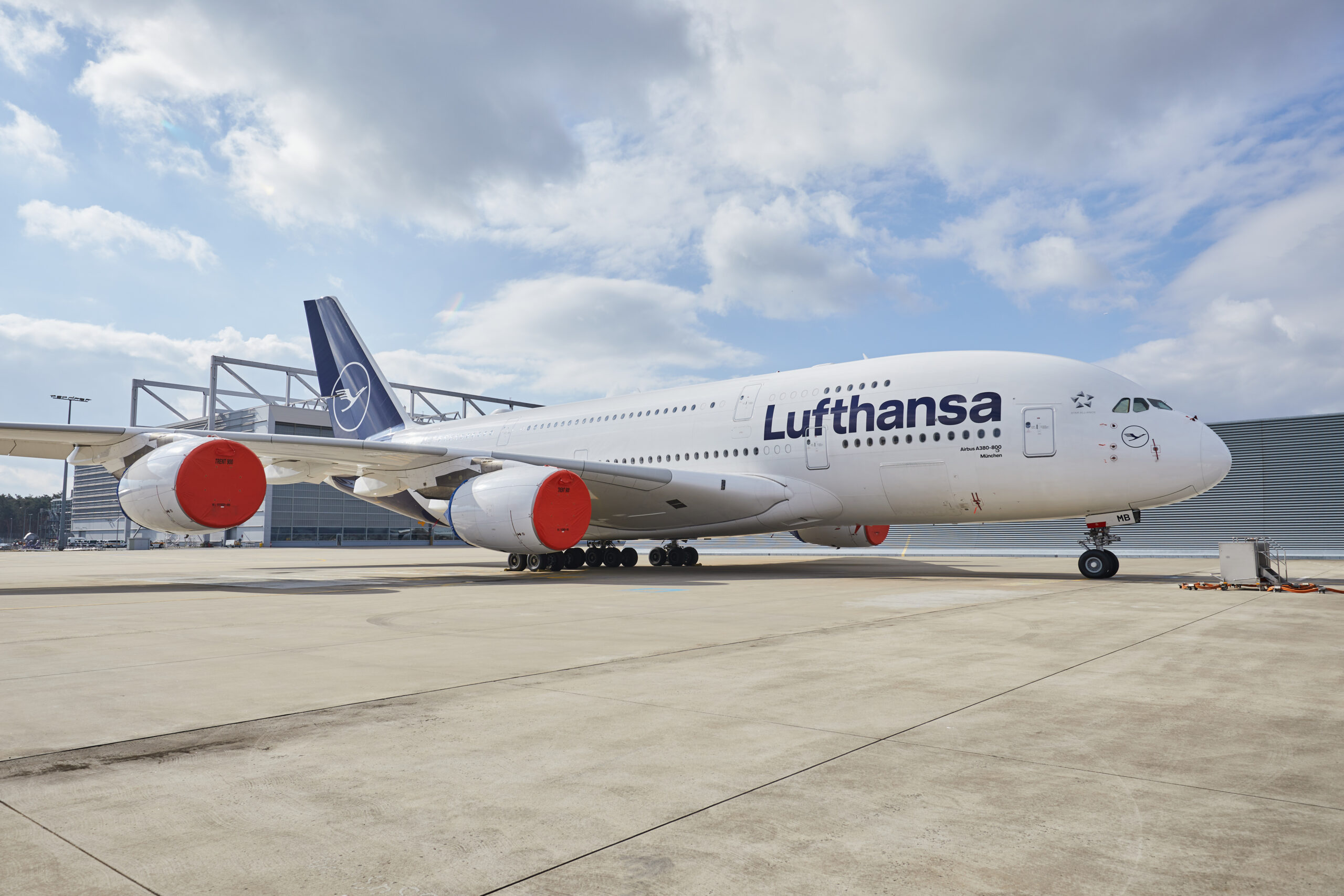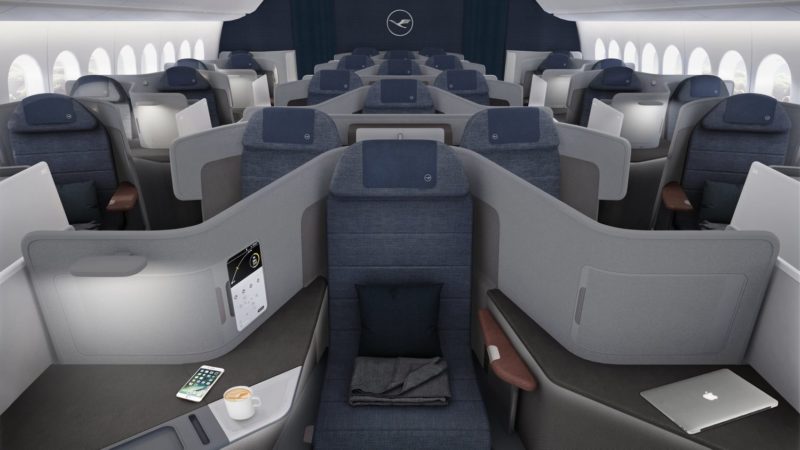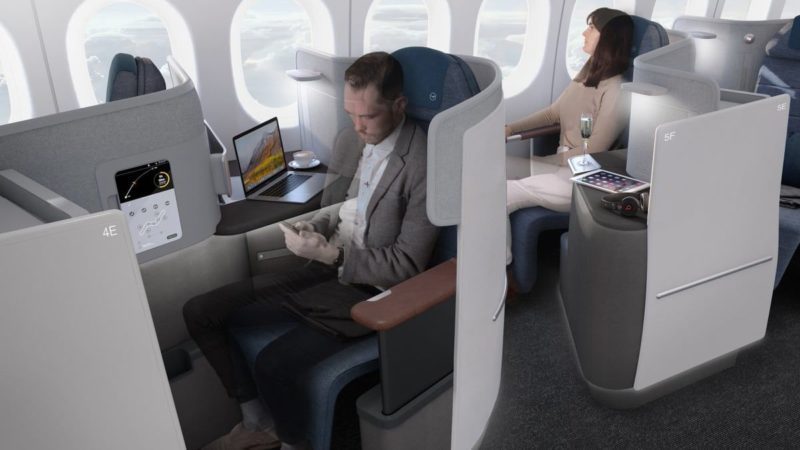Lufthansa Group, which consists of Lufthansa, Austrian Airlines, Swiss, Brussels Airlines and Eurowings, has announced that they will be retiring eight long-haul aircraft types, following a record €5.5 billion loss.
In their 2020 annual report, Lufthansa Group emphasised the need to significantly reduce operating costs. By the end of 2020, the entire group was losing €300 million a month.
The easiest first step is to replace old and inefficient aircraft with newer models. Lufthansa Group ultimately aims to reduce their widebody aircraft types from 14 down to 8, meaning that the complete retirement of the 747-400, 777-200, 767-300, A330-200, A340 and MD-11 Freighter will commence.
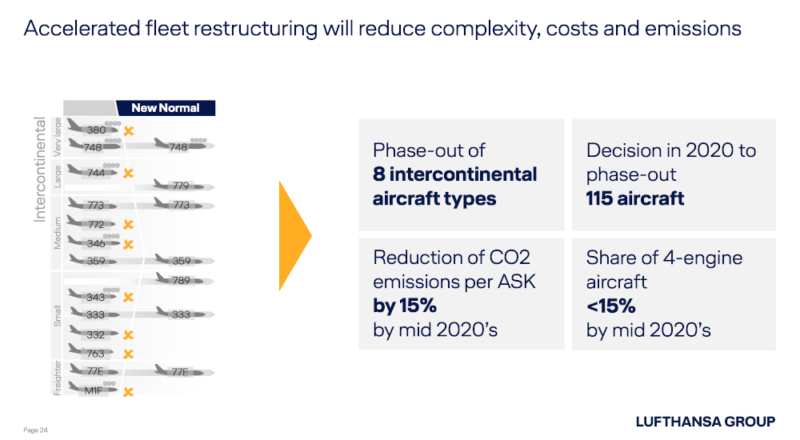
By the middle of the decade, Lufthansa plans to have reduced their number of aircraft by 250 from a pre-COVID level of 800. The task will not only see the above mentioned retirements, but also the adjustment and cancellation of leasing contracts.
The new normal will see the Boeing 747-8 replace the role of the Airbus A380 in the ‘very large’ category. By the mid 2020s, only 15 percent of the Lufthansa Group fleet will comprise quad-engine aircraft. As for the 747-400, Lufthansa Group plans to use their upcoming 777-9s.
Whilst the Airbus A350 continues to lead the way for international operations, due to its efficiency and low operating costs, Lufthansa plans to acquire part of the group’s 40 Boeing 787-9 Dreamliners on order. The size and operational flexibility of the 787 will be pivotal to restarting international routes.
On top of widebodies, smaller aircraft such as the A320neo Family will continue to replace older aircraft operating within Europe for shorter hops.
Unsurprisingly Strong Cargo Performance
Unsurprisingly Lufthansa Group’s cargo performance was very strong in 2020, just like many other airlines. With many stuck at home and the need to transport medical goods on a more frequent basis, the requirement for air cargo significantly increased.
Despite a 39 percent decline in freight capacity, due to the elimination of passenger aircraft belly capacity, Lufthansa Cargo achieved an adjusted EBIT of €772 million compared to 2019s measly €1 million result.
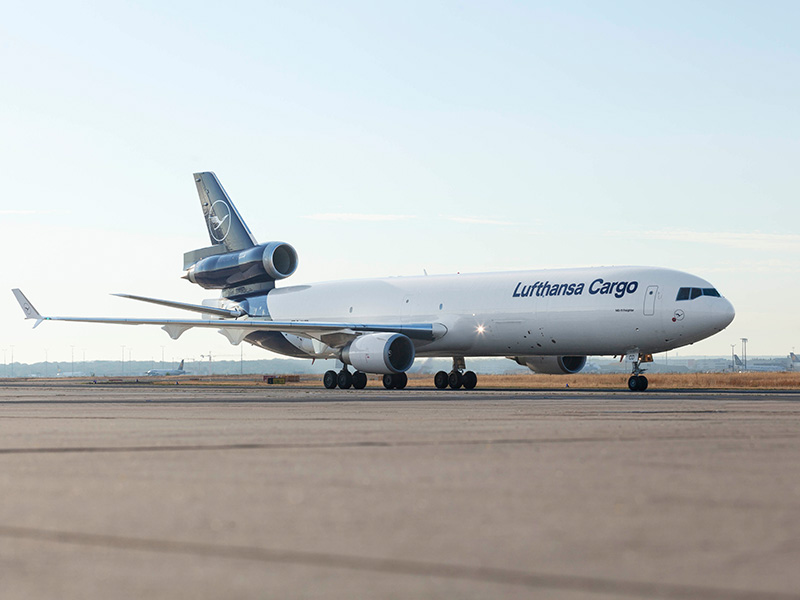
The retirement of the McDonnell Douglas MD-11 Freighter was meant to take place in 2020, but was postponed due to prominent cargo growth. However, the latest announcement only continues to underline the need to reduce costs.
Outlook
A positive attitude remains within the Lufthansa Group despite the miserable year. By the middle of the decade, Lufthansa Group expects a full aviation recovery to pre-COVID levels; this translates to around 90 percent capacity.
Once restrictions are lifted and the global vaccination scheme gains more traction, bookings are expected to increase rapidly. For the full year 2021, the group expects capacity on offer to increase to around 40 to 50 percent of 2019 levels. This will allow positive operating cash flow to be generated, laying the foundations for financial recovery.
Current internal models see the financial results for 2021 to be far more positive than 2020.
Launching a New Business Class
With new aircraft incoming, and the need to attract customers, Lufthansa will be debuting a new Business Class product, as part of their modernisation investment.
Although this news dates back to 2017, it has been updated to suit recent delays of the Boeing 777X program; which is not expected to see a first delivery until sometime in 2023.
Instead, it is likely that the new product will launch on the 787-9 Dreamliner, when it firsts arrives in 2022. An official announcement will be made later this year, however the timeline matches perfectly to Lufthansa’s new Business Class introduction date of 2022.
The product offers passengers with a bright and open feeling cabin, with each seat having direct aisle access. Every second row, a single “throne” seat is available, providing solo travellers with the ultimate level of comfort, space and relaxation.
Nothing Unusual
Lufthansa Group’s announcements and results in their 2020 annual report is nothing unusual, given what we have seen from other airlines during the COVID-19 pandemic.
Strong cargo performance has been seen all around the world, which is a result of increased demand combined from those enduring lockdown, parties that require pharmaceutical goods and the shift to at-home/online employment.
Sam Chui recently hosted Cargo Talks by Turkish Airlines; this event not only focussed on the one airline, but the entire global cargo strategy and the technologies driving the growth.
In regards to passenger numbers, 2020 was always going to be a write-off. It was a steep learning curve of a year, with many using it to get an understanding of the virus and develop solutions. Already we have multiple vaccines being distributed, offering a positive outlook on the return of sustained international air travel.
The harsh lessons learned in 2020 will be used wisely not only by Lufthansa Group, but the rest of the world’s airlines to ensure a strong and stable recovery; even if it does result in the loss of a great many aircraft.


